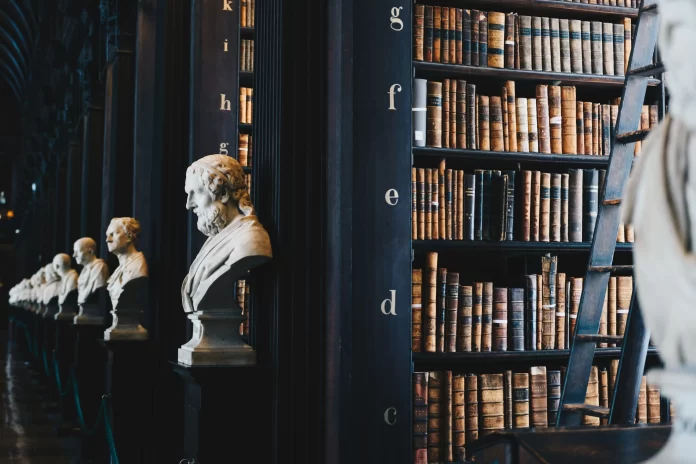Are you looking to understand the basics of rule of law principles? If so, knowing these four cornerstones could be the difference between understanding your rights and having them disregarded. From protecting individuals from the arbitrary exercise of power by government authorities to ensuring that everyone can feasibly access justice in their given legal context, these four rule of law principles are essential in upholding fairness for all citizens. In this blog post, we’ll provide an overview of what each principle entails and how they interact with one another before discussing their importance for claimants like you.
Table of Contents
Supremacy of the law
In a society governed by the rule of law, all individuals are bound by its principles, regardless of their position or status. This means that both government officials and private citizens must comply with the laws of the land, and are equally accountable for any violations thereof. The principle of the supremacy of the law ensures that no one is above it, and that justice is administered impartially and without favoritism. By upholding the rule of law, a society can maintain order, protect individual rights, and promote the common good.
Equality before the law
In a just and fair society, everyone should be held to the same standard and treated equally under the law. This principle, known as equality before the law, is a cornerstone of modern democracies. It means that regardless of social status, wealth, or position, everyone has the same rights and protections. This does not mean that everyone will receive the same outcome, but rather that the process and procedures are the same for everyone. This ensures that the legal system is impartial, and people have faith that justice will be served. Without equality before the law, a society risks descending into corruption and chaos, where the powerful can act with impunity. Therefore, it is essential to uphold this principle to maintain an equitable and just society.
Fairness and justice
The concept of fairness and justice is central to any society or community. Every person, regardless of their race, gender, or economic status, deserves the same opportunity to be treated fairly and justly under the law. Unfortunately, bias and discrimination have been a part of human history for centuries, which is why it is important to ensure that laws are applied without any such biases. When laws are applied fairly, it creates a sense of trust and security in society, and everyone can feel protected. Fairness and justice are not just ideals; they are fundamental to the proper functioning of any civilized society. As individuals, we should all strive to promote these values and hold those in power accountable for any actions that go against them.
Separation of powers
The separation of powers is a fundamental principle of the U.S. government system. The legislative, executive, and judicial branches are designed to operate independently and not interfere with one another’s functions. The legislative branch is responsible for making and passing laws, the executive branch for enforcing those laws, and the judicial branch for interpreting and adjudicating them. The separation of powers ensures that no one branch has too much power and that each branch serves as a check on the other’s authority. This approach to governance promotes balance and stability, preventing any group or individual from becoming too powerful and dominating the political landscape. Ultimately, the separation of powers is essential to maintaining a healthy democracy and upholding the principles of justice and fairness.
Right to a fair trial
The right to a fair trial is a fundamental principle of the justice system in many countries. It allows every accused person to receive a fair and impartial hearing, where they can present their case to an independent and unbiased jury. This right is vital as it ensures that justice is served according to the law, and that innocent people are not convicted. This right also ensures that those who are guilty receive a fair and just punishment. The right to a fair trial protects the rights of individuals, and helps to maintain the integrity of the entire justice system.
Respect for human rights
Respect for human rights is a fundamental principle that should be upheld in every society. Regardless of race, gender, or any other factor, every individual has the right to basic human rights protected by law. This includes freedom of speech, ensuring that individuals can express themselves without fear of persecution. The right to freedom from arbitrary arrest or detention is also important, as individuals should not be detained without a valid reason. Additionally, it is crucial to protect individuals from torture or cruel treatment in all circumstances. Upholding human rights is not just a legal obligation, but a moral one, ensuring that everyone can live with dignity and respect.
In conclusion, the four rule of law principles are a crucial part of our society. All entities, including individuals and governments, must respect and obey these laws to ensure the proper functioning of justice systems on a global scale. It’s important that we as citizens recognize our rights within the framework of the law and understand how proper administration of justice should be respected in all disputes. By doing this, it creates an environment based upon accountability, integrity and respect toward those government organizations in charge of upholding these laws. If you need assistance navigating your case through legal channels, Drake Law Firm’s Services can help. Our experienced attorneys are here to provide you with tailored solutions for all your legal needs.
















